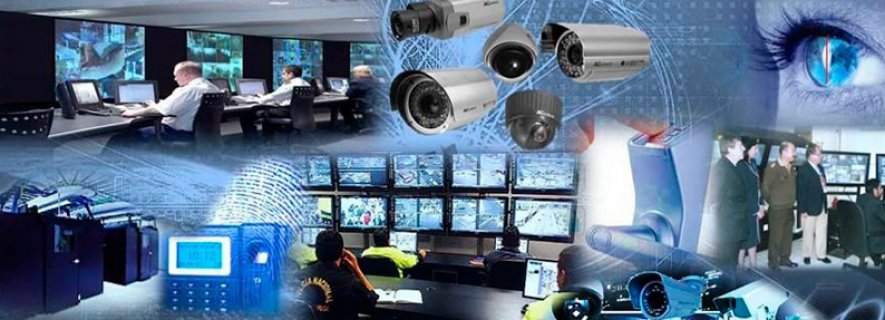Energy Systems
Many companies are not prepared to interrupt business due to power blackouts and are generally unaware of the real costs and impacts they may have on their operations. While most power outages come from national networks and last for a few hours, some blackouts can last for days or even weeks. This interrupts the production of companies and critical infrastructures, such as telecommunications networks, computer, banking and financial services, water supplies and hospitals.

the alteration in the energy supply of only a few milliseconds can interrupt thousands of basic operations, which could lead to anomalies, corruption and data loss; and even hardware damage, as shown by the IT ecosystem of the banking, financial, services and insurance sectors (BFSI).
UPS systems vary greatly in size and function, from the smallest to protect a single computer or ATM, to the various systems designed to protect large data centers. Some equipment may tolerate slight fluctuations, but significant deviations from this standard are often sufficient to cause damage to sensitive components present in modern data systems in banking and financial companies.
Telecommunications Systems
The automation of bank branches connects personalized customer service with the IT team in a branch with the customer's banking data in the back office. Like banks, operations in insurers and securities also require reliable protection of reserve power to avoid costs in power outages. There are multiple energy challenges in branch automation. Some infrastructure challenges are to condition spaces for alternative sources of energy; the maintenance of electrical equipment in remote locations and poorly conditioned environments.

The data centers used by companies in the BFSI sectors for data storage and processing are of vital importance for business operations. They constitute the critical load in the daily operations of the company, and play a fundamental role in the transmission of financial data, transaction systems and data storage. Servers, buffers, routers and switches are the key IT equipment in data centers. The cost of inactivity due to critical load failures is extremely high and the average cost per hour of inactivity is increasing due to the progressive increase in adoptions of automated business operations in BFSI sectors.
Sistemas de Seguridad Electrónica
 The financial sector has made enormous efforts to transfer its operations to electronic platforms for a long time, in order to overcome the constant demands for new technologies. Despite this, they must face a factor that added to all the practicality and speed of electronic banking systems: the concern for IT security.
The financial sector has made enormous efforts to transfer its operations to electronic platforms for a long time, in order to overcome the constant demands for new technologies. Despite this, they must face a factor that added to all the practicality and speed of electronic banking systems: the concern for IT security.
Aware of the importance of maintaining reliability, banks invest millions of dollars each year in physical and electronic security systems to ensure the security and stability of services. In the same way, new trade associations with governments, the police and the Judiciary are always renewing protection patterns.
This migration transformed operations: a functioning virus scanner is as important as an armored car, and a high-performance website, available 24 hours a day, is more important than access to the local banking agency. Even in this "virtual" scenario, banks are exposed to many dangers: a conventional assault on their data center, disasters -such as a fire or flood-, cyber attacks caused by viruses and trojans or loss of data in backup copies. badly executed.
